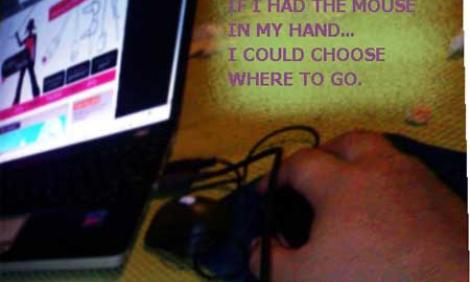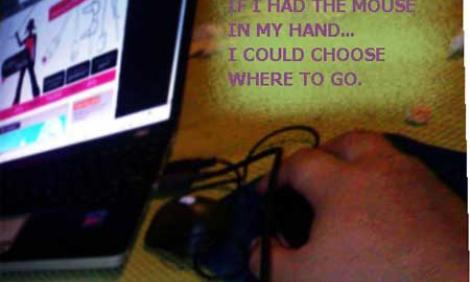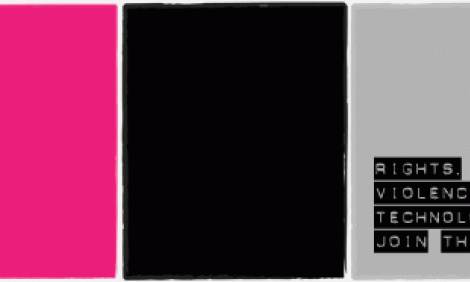Publication
Going visible: Women’s rights on the internet

Publication
Voices from digital spaces: Technology related violence against women - executive summary

Publication
Voices from digital spaces: Technology related violence against women
Drawing on findings from APC's MDG3: Take Back the Tech! project with women's rights organisations in twelve countries in Asia, Africa and Latin America, this paper explores the links between the internet, cell phones and violence against women and illustrates that technology related violence impacts women as seriously as other forms of violence.
Publication
Democratic Republic of Congo (DRC): Violence against women and ICT
Publication
Philippines: Violence against women and ICT
In depth
Argentina: Strategic use of ICT as a response to violence against women






